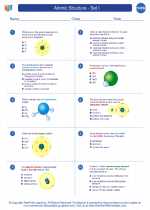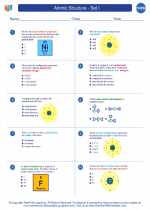Vitamin A
Vitamin A is a fat-soluble vitamin that is essential for various bodily functions, including vision, immune system function, and cell growth. It exists in several forms, including retinol, retinal, and retinoic acid.
Sources of Vitamin A
Vitamin A can be obtained from both animal and plant sources. Some common sources include:
- Animal sources: liver, fish liver oils, egg yolks, and dairy products
- Plant sources: carrots, sweet potatoes, spinach, and other dark green leafy vegetables
Functions of Vitamin A
Vitamin A plays a crucial role in the following functions:
- Vision: It is essential for the proper functioning of the retina and low-light and color vision.
- Immune system: It helps maintain the integrity of the skin and mucous membranes, which act as barriers to infection.
- Cell growth and differentiation: It is involved in the growth and specialization of cells, particularly in the development of epithelial tissues.
Deficiency and Toxicity
A deficiency of vitamin A can lead to night blindness, increased susceptibility to infections, and in severe cases, xerophthalmia (a condition that can lead to blindness). On the other hand, excessive intake of vitamin A can lead to toxicity, which may cause symptoms such as nausea, dizziness, and in severe cases, liver damage.
Study Guide
To effectively study and understand the topic of vitamin A, consider the following key points:
- Understand the chemical structure of vitamin A and its different forms.
- Learn about the functions of vitamin A in the body, particularly its role in vision, immune system function, and cell growth.
- Explore the sources of vitamin A and the recommended dietary intake for different age groups.
- Study the symptoms and consequences of vitamin A deficiency and toxicity.
- Consider the potential interactions of vitamin A with other nutrients and medications.
Remember to review and reinforce your understanding through quizzes, diagrams, and practical examples.
.◂Chemistry Worksheets and Study Guides High School. Atomic Structure - Set I

 Worksheet/Answer key
Worksheet/Answer key
 Worksheet/Answer key
Worksheet/Answer key
